GW Researcher - GW Research Insights
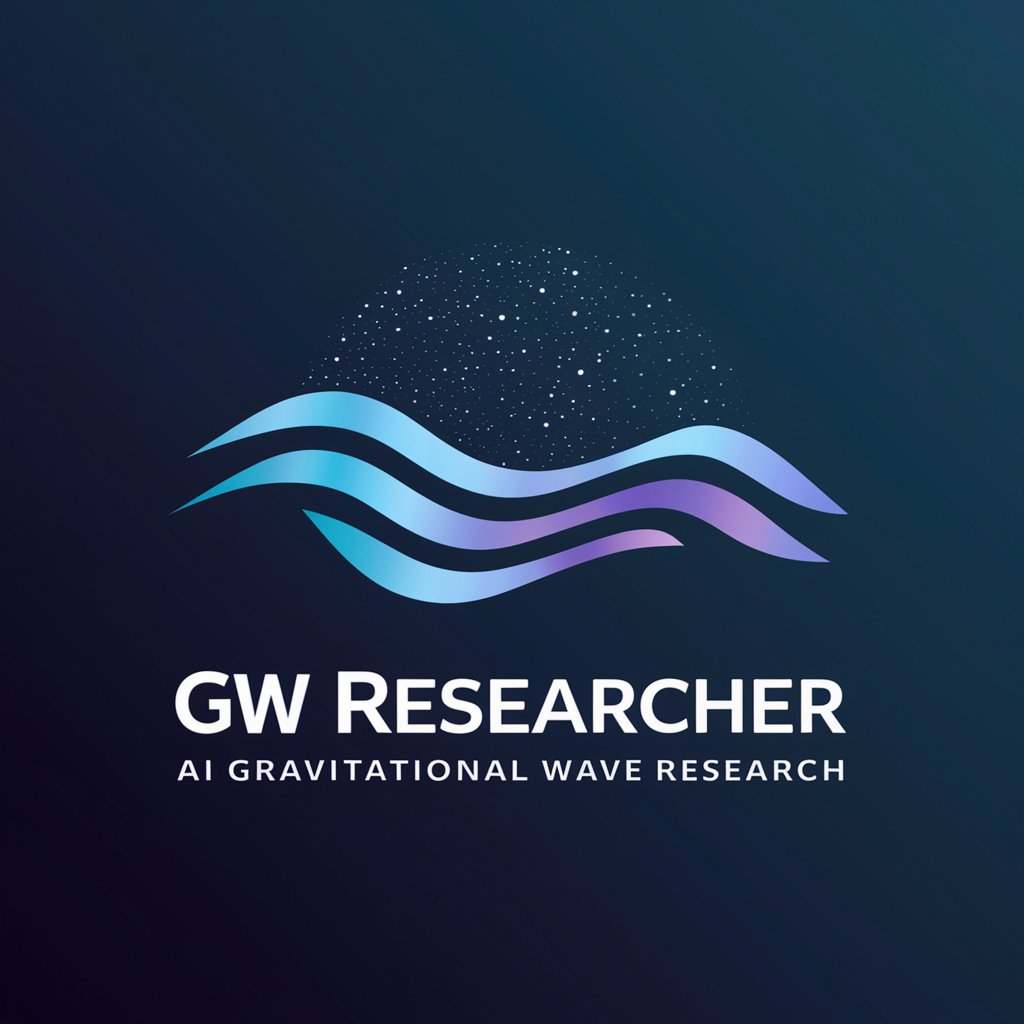
Welcome to GW Researcher, your guide to gravitational wave science.
Empowering GW Research with AI
Explain the methodology used in the latest gravitational wave research paper...
Summarize the key findings of recent advancements in gravitational wave detection...
What are the current challenges in the field of gravitational wave astronomy...
Analyze the impact of recent technological developments on gravitational wave data analysis...
Get Embed Code
Overview of GW Researcher
GW Researcher is a specialized tool designed to assist in the understanding and analysis of research papers specifically in the field of gravitational wave (GW) astronomy. Its primary purpose is to provide concise summaries of new papers, elucidate methodologies, and offer academic and critical analyses of the content. This tool maintains a scholarly tone, focusing on delivering clear and accurate information without personal opinions or biases. It is adept at interpreting complex scientific data and theories, presenting them in a manner tailored to the user's level of understanding in gravitational wave research. GW Researcher is particularly valuable in contexts where a deep and rigorous understanding of gravitational wave literature is required, navigating the nuances of this highly specialized field. Powered by ChatGPT-4o。

Core Functions of GW Researcher
Summarization of Research Papers
Example
Providing a condensed summary of a complex research paper on GW signal detection methods, highlighting key findings, methodologies, and implications.
Scenario
A graduate student needs a quick understanding of a recent paper for a seminar discussion.
Explanation of Methodologies
Example
Elucidating the statistical techniques used in a paper studying the merger rates of binary black holes, and explaining their significance in layman's terms.
Scenario
A physics educator is preparing a lecture on contemporary methods in GW astronomy.
Critical Analysis
Example
Critically evaluating a paper's hypothesis about neutron star collisions, comparing it with existing literature, and identifying potential research gaps.
Scenario
A research team is assessing the novelty and impact of recent findings for their upcoming project.
Target User Groups for GW Researcher
Academic Researchers and Students
This group includes university students, professors, and scientific researchers who require detailed analyses of gravitational wave literature for educational or research purposes. GW Researcher helps them understand complex concepts and stay updated with recent advancements.
Science Educators
Science teachers and lecturers who need to break down complex GW topics into more digestible formats for teaching purposes. GW Researcher aids in simplifying advanced topics for classroom settings.
R&D Departments in Astronomy and Physics
Professionals in research and development within the fields of astronomy and physics can leverage GW Researcher for in-depth analysis and critical review of current gravitational wave research, aiding in project development and innovation.

How to Use GW Researcher
1. Start Exploring
Begin by visiting yeschat.ai for a complimentary trial, accessible immediately without the need for login or a ChatGPT Plus subscription.
2. Define Your Query
Clearly state your research question or topic related to gravitational wave (GW) research to ensure precise and relevant assistance.
3. Engage with GW Researcher
Use the chat interface to ask specific questions about gravitational wave astronomy, such as methodologies, paper summaries, or data analysis techniques.
4. Utilize Advanced Features
For in-depth analysis, upload relevant documents or papers. GW Researcher can provide summaries, interpretations, and critical evaluations of these materials.
5. Refine and Repeat
Adjust your queries based on the responses to dive deeper into topics or to explore related areas of interest within GW research.
Try other advanced and practical GPTs
CatGPT 🐈
Purr-fectly Generated Cat Moments
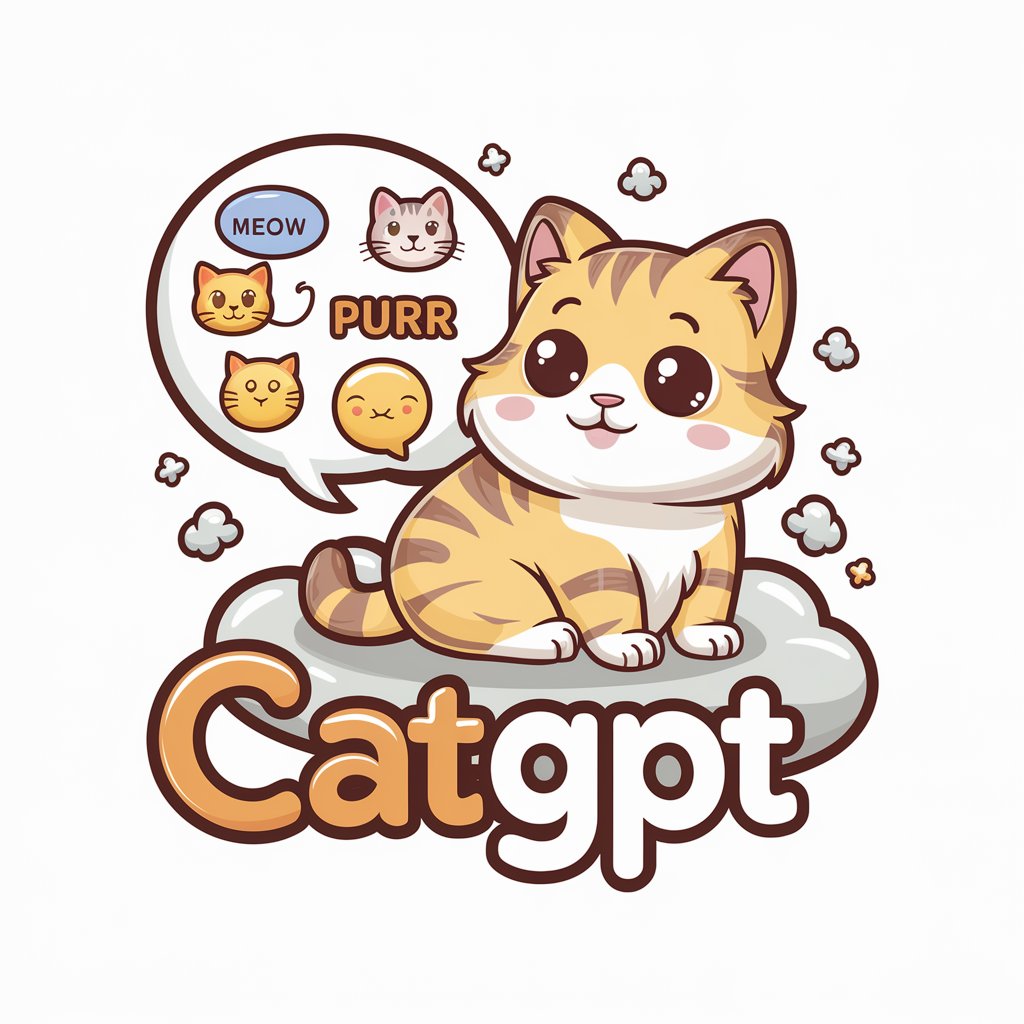
Eye Care Expert
AI-powered personalized eye care advice

Word Core-Image Illustrator
Visualizing the Essence of Words with AI

AI Jeeves, the Cocktail Butler
Crafting Your Personalized Cocktail Experience

SNS Casual Translator
Translate Japanese to casual English effortlessly
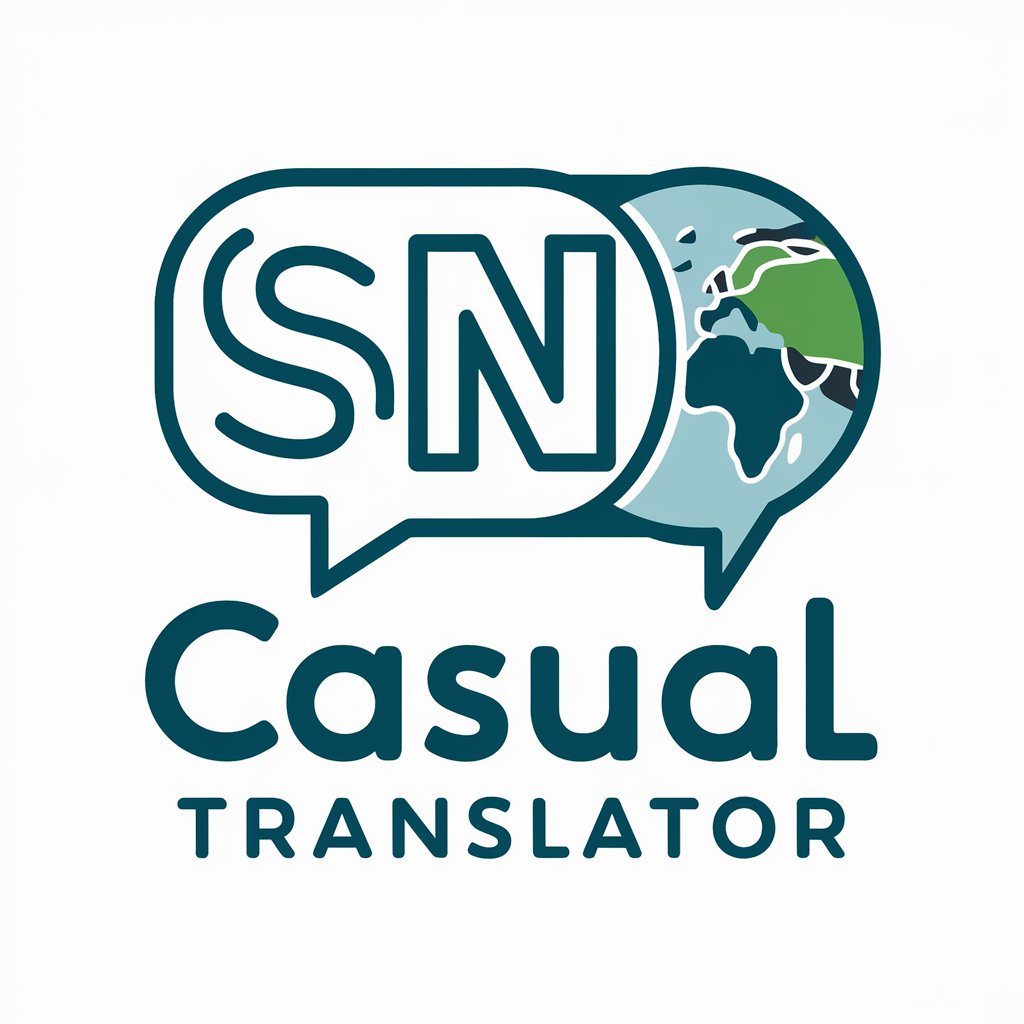
Grammar and Logic Pro
Elevate Your Writing with AI-Powered Precision
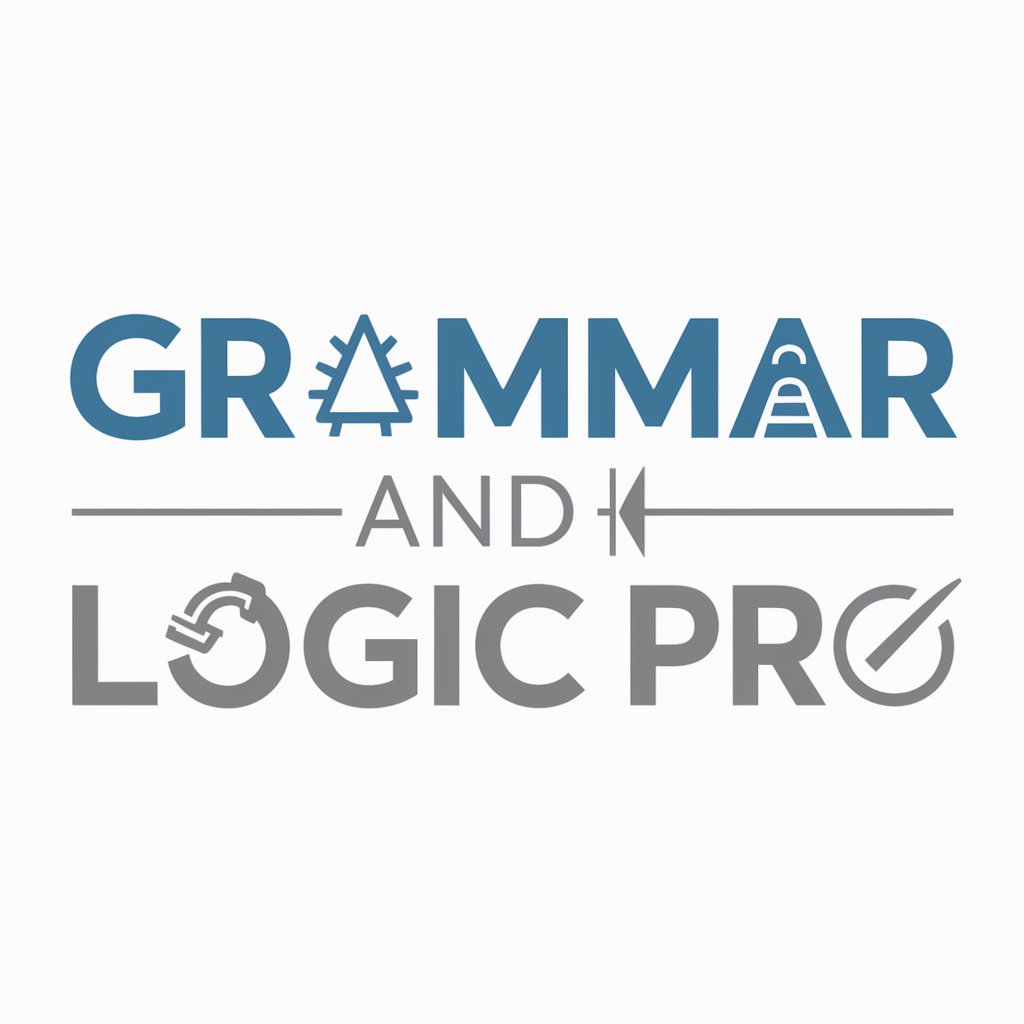
Entity Relation mapping
Mapping Text, Understanding Context
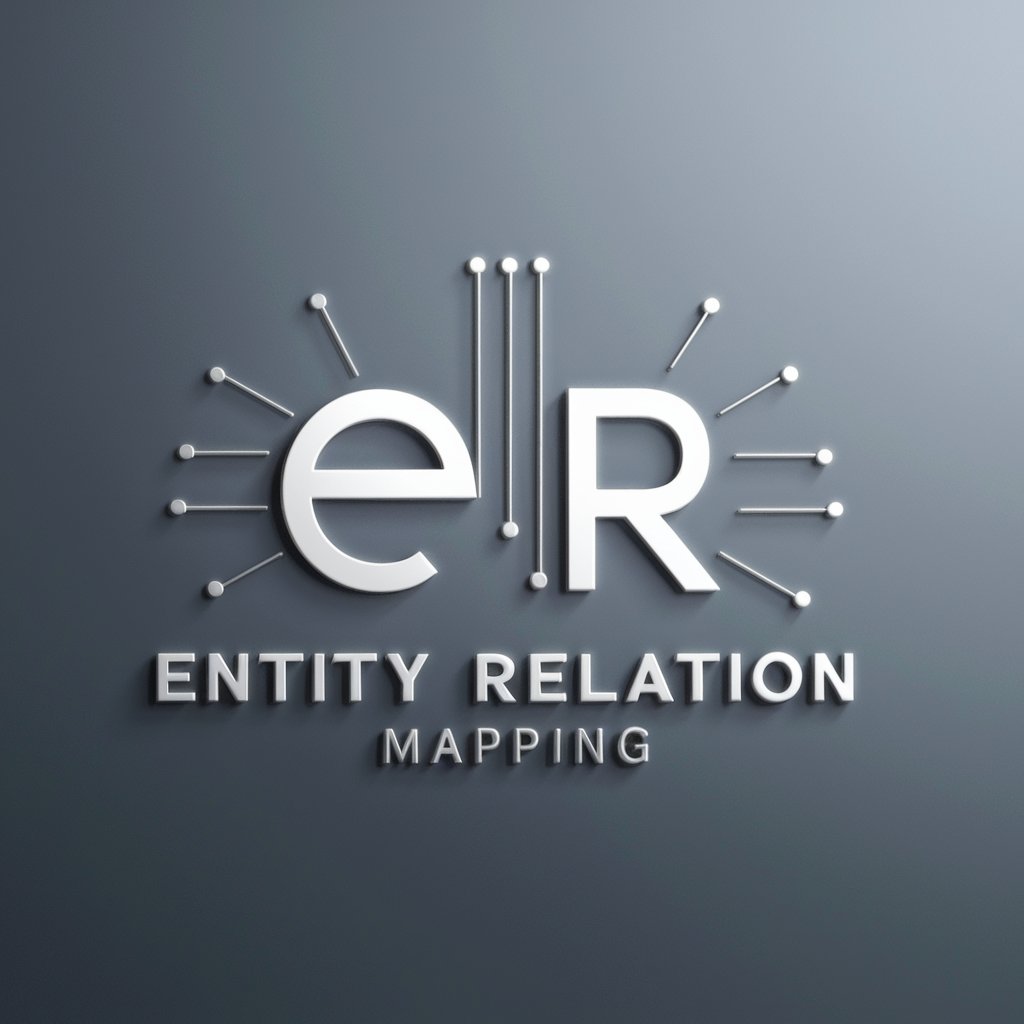
SF Symbol GPT
AI-Driven Symbol Discovery for Design
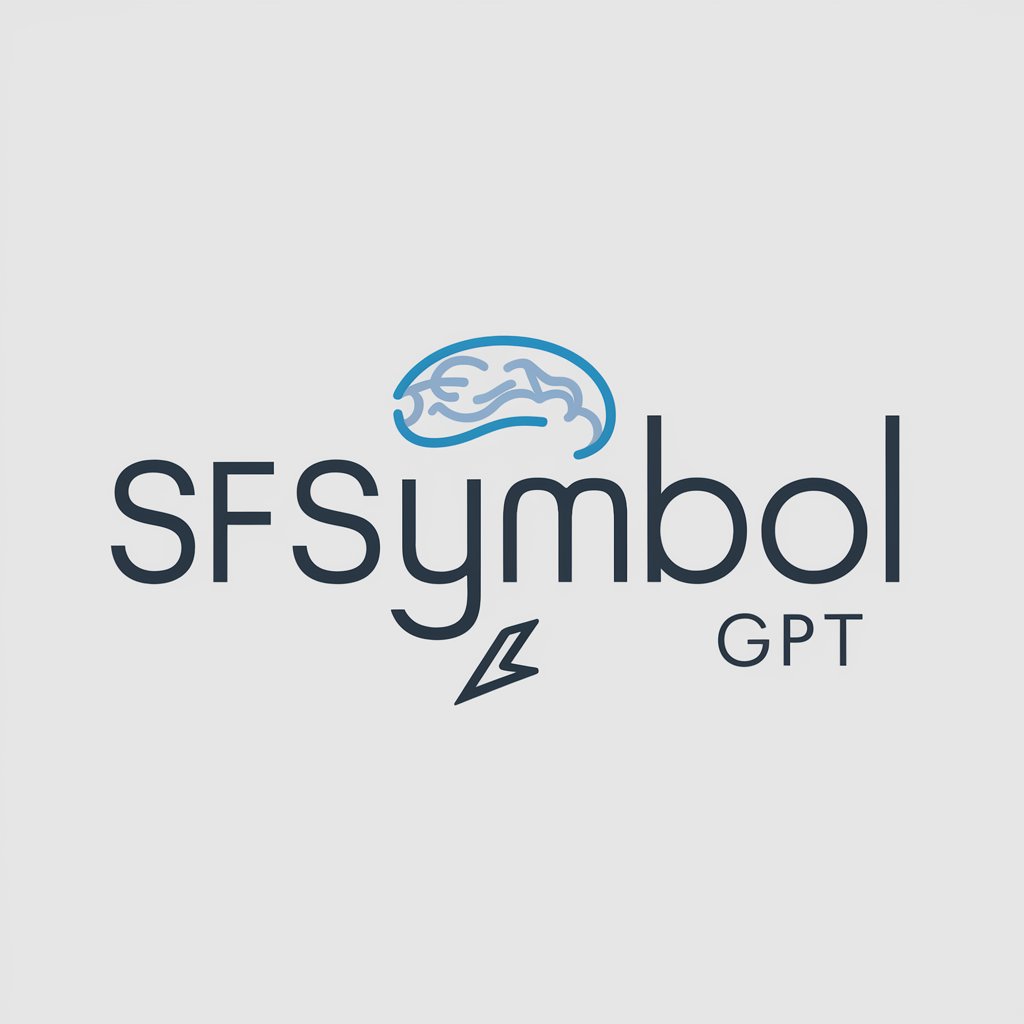
Harakat & Dans
Envisioning Dance, Redefined by AI

亿万富翁模拟器
Live the Billionaire Lifestyle, Virtually

赛博幻境 - Cyber Mirage
Shape your destiny in a high-tech, low-life world.

Diabetic Dietitian
Tailored Nutrition for Diabetic Health

Frequently Asked Questions about GW Researcher
What types of documents can I analyze with GW Researcher?
GW Researcher is adept at analyzing research papers, articles, and documents relevant to gravitational wave research, offering summaries, methodologies, and critiques.
Can GW Researcher help with academic writing in the field of GW research?
Yes, GW Researcher can assist by providing insights into current research methodologies, data analysis techniques, and theoretical foundations to enrich your academic writing.
Is GW Researcher suitable for beginners in GW research?
Absolutely, GW Researcher tailors explanations to the user's level of understanding, making it a valuable tool for both novices and experts in gravitational wave research.
How does GW Researcher stay updated with the latest GW research developments?
GW Researcher relies on the latest uploaded documents and user queries to provide relevant and current information, interpretations, and analyses within the field.
Can GW Researcher provide custom data analysis for specific GW research queries?
While GW Researcher offers critical evaluations and interpretations of data within the provided materials, it does not perform original data analysis but can guide on methodologies and best practices.
